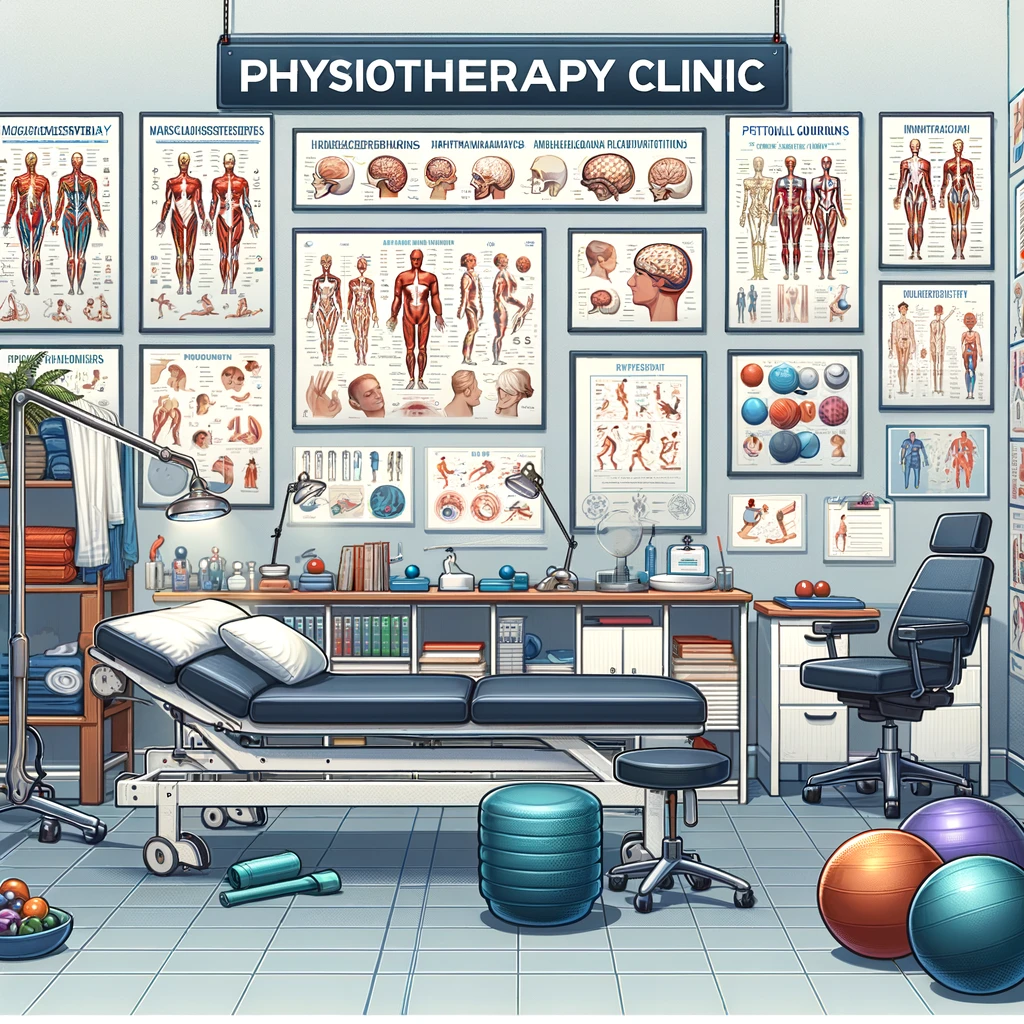top of page
Medical condition/treatment
Stroke or apoplexy
disc prolapse
Nervous system and movement
disc prolapse
A stroke occurs when blood supply to parts of the brain is interrupted, resulting in neurological symptoms. The exact cause can be varied, including blood clots or narrowed blood vessels. Treatment requires urgent medical care aimed at the cause of the stroke. Rehabilitation plays an important role in restoring functions.
Causes/Description:
Narrowed arteries, high blood pressure, atherosclerosis, smoking

disc prolapse
Rehabilitation, Neurologische Störungen, Lähmungen, Schlaganfallrehabilitation, Blutgerinnsel, Bewegung

25 min
 Read More
Read MoreEin Weg zur Besserung, Hand in Hand mit fachkundiger Fürsorge und pers...
50 min
199 Swiss francs
25 min
110 Swiss francs Read More
Read MoreUnser Physioprogramm mit 3D-Body-Scan optimiert Deine Gesundheit und L...
55 min
175 Swiss francs Read More
Read MoreEntdecke Dry Needling – eine gezielte Methode, um Muskelverspannungen ...
25 min
120 Swiss francs Read More
Read MoreDeine Lebensqualität, unser Ziel – Neurologie neu gedacht.
50 min
260 Swiss francs
disc prolapse
A stroke occurs due to impaired blood flow to the brain, often due to blocked blood vessels or bleeding. Risk factors such as high blood pressure play a role.
disc prolapse
Treating a stroke requires immediate medical attention. Rehabilitation after a stroke is crucial and includes physical therapy exercises, occupational therapy, and speech therapy. Drug therapy to prevent subsequent damage is important. Close collaboration with neurologists and stroke rehabilitation specialists is crucial.
disc prolapse
The history of stroke dates back to ancient times, when there were records of people suddenly becoming paralyzed or having difficulty speaking. Throughout history, strokes were often viewed as mysterious events until a deeper understanding of their causes and mechanisms emerged in the 19th century. During this time, various medical advances were made that contributed to the identification of ischemic and hemorrhagic strokes. The development of imaging techniques such as computed tomography (CT) and magnetic resonance imaging (MRI) in the 20th century enabled more accurate diagnosis and treatment. Stroke rehabilitation also evolved during this time to promote patient recovery. Today, strokes are well researched, and preventive measures and medical interventions play a crucial role in reducing stroke risks and improving the quality of life of those affected.
bottom of page













































